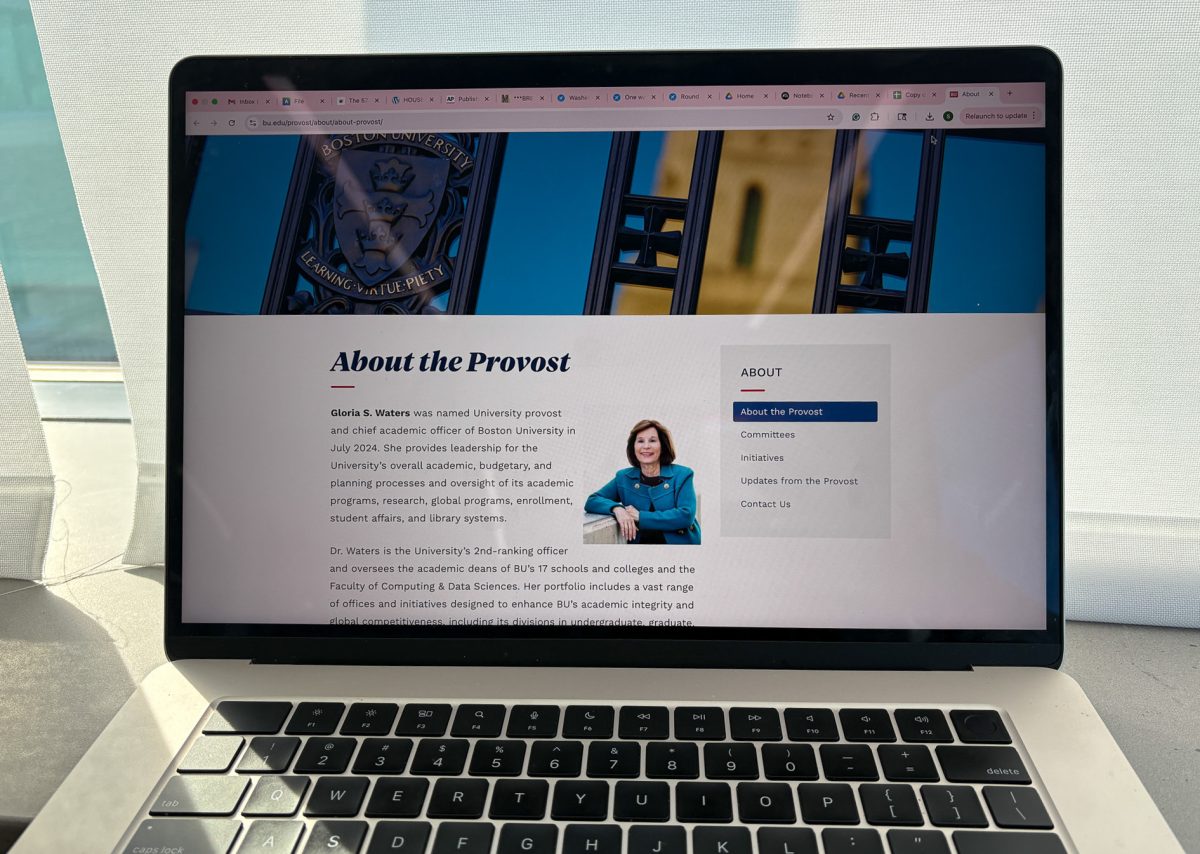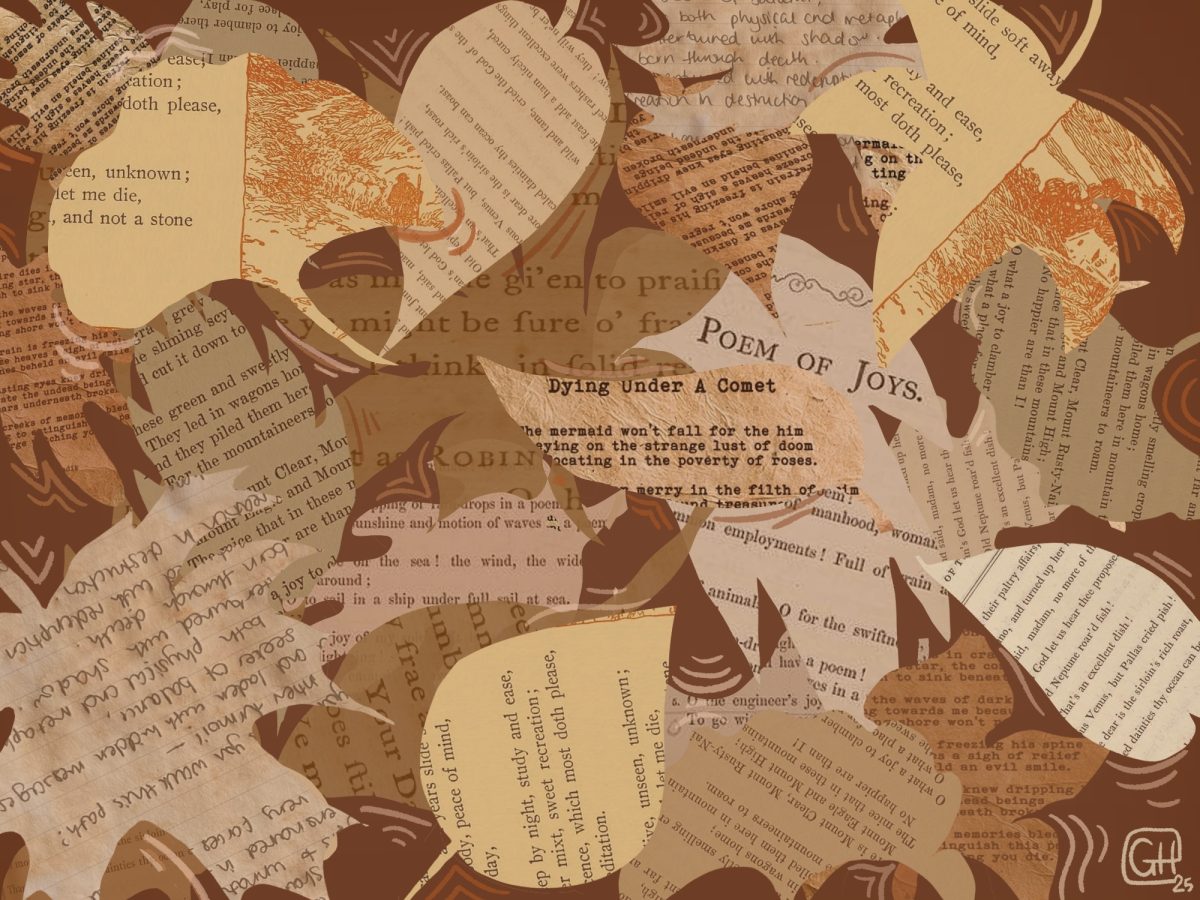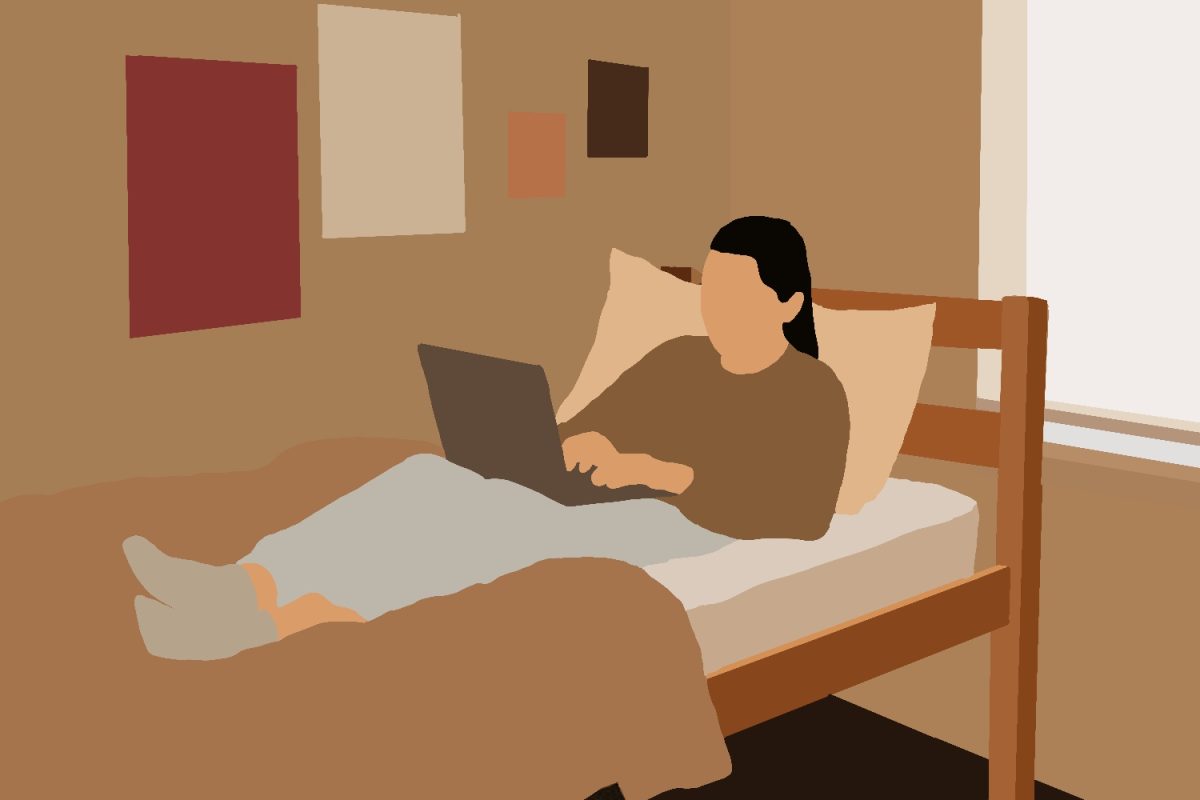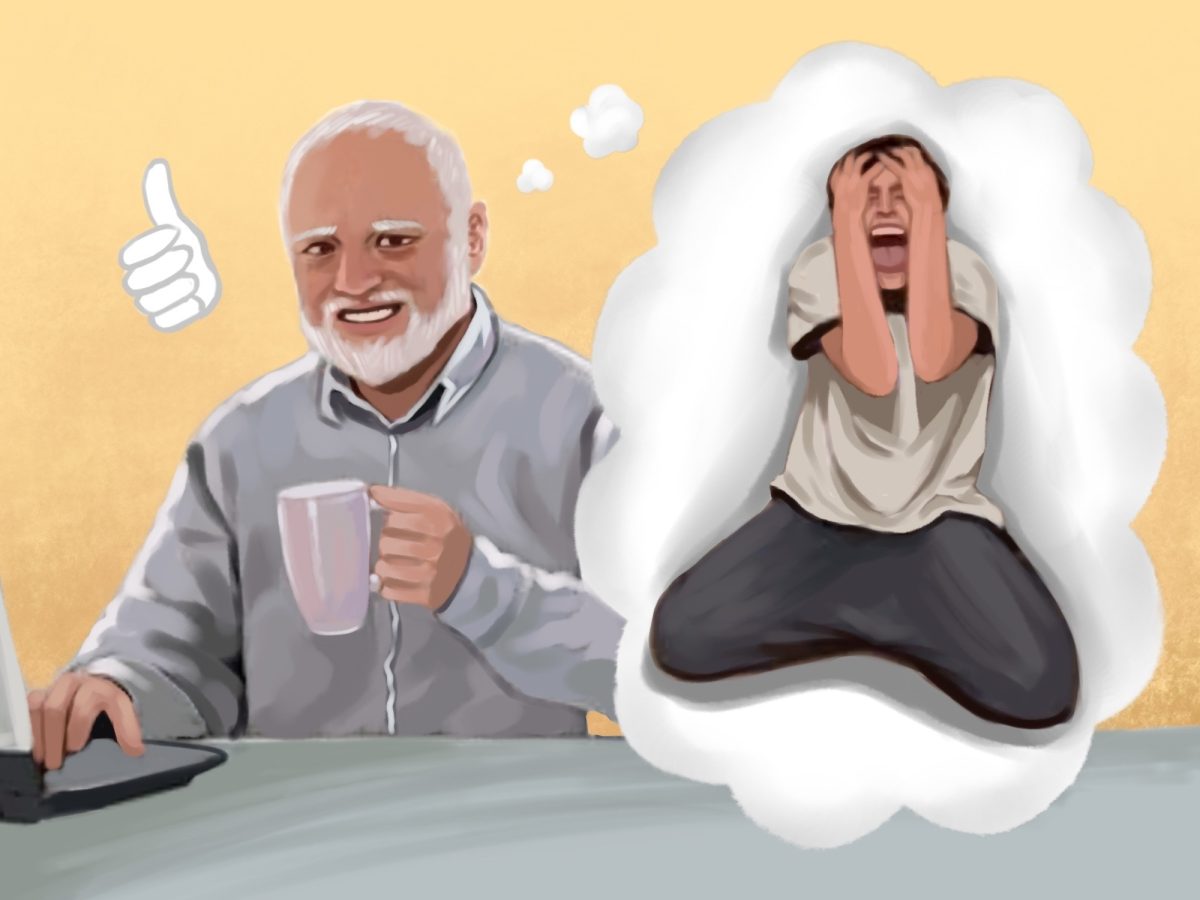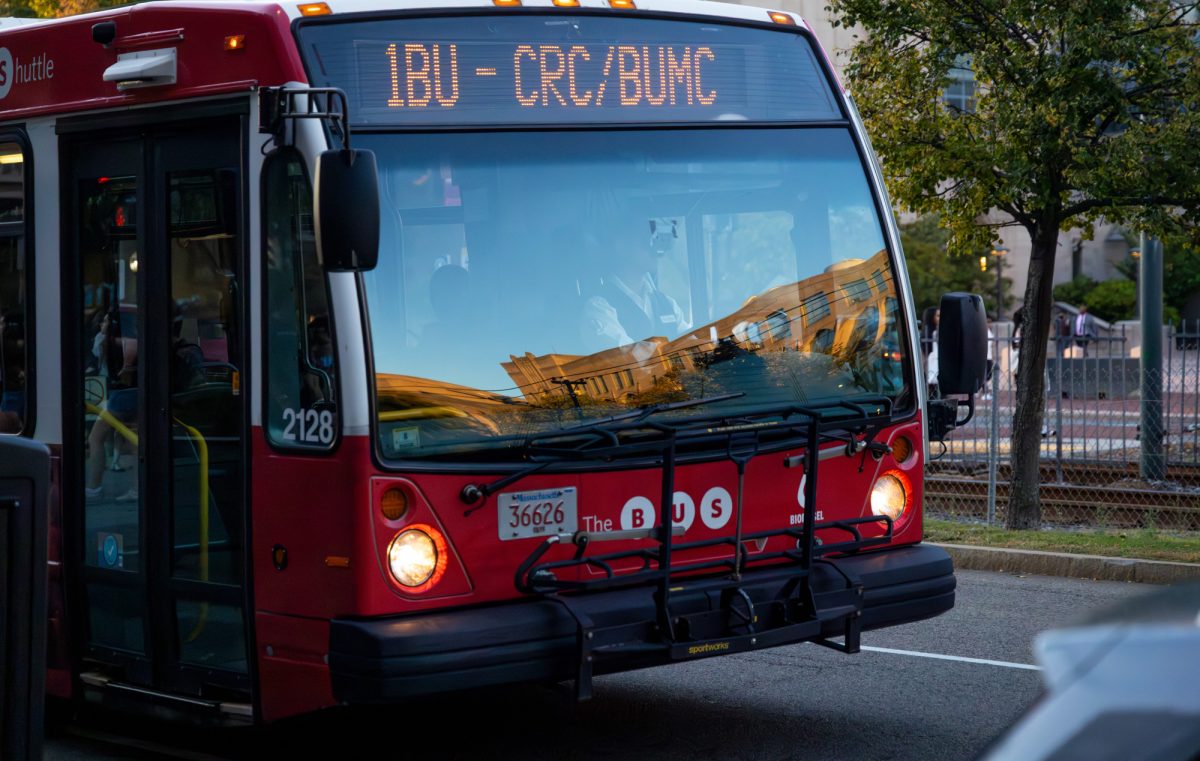For Boston University professor Prasad Patil, well versed in all things trivia, his “Jeopardy!” training consisted of improving his reaction time — it’s all about who gets to the buzzer first.
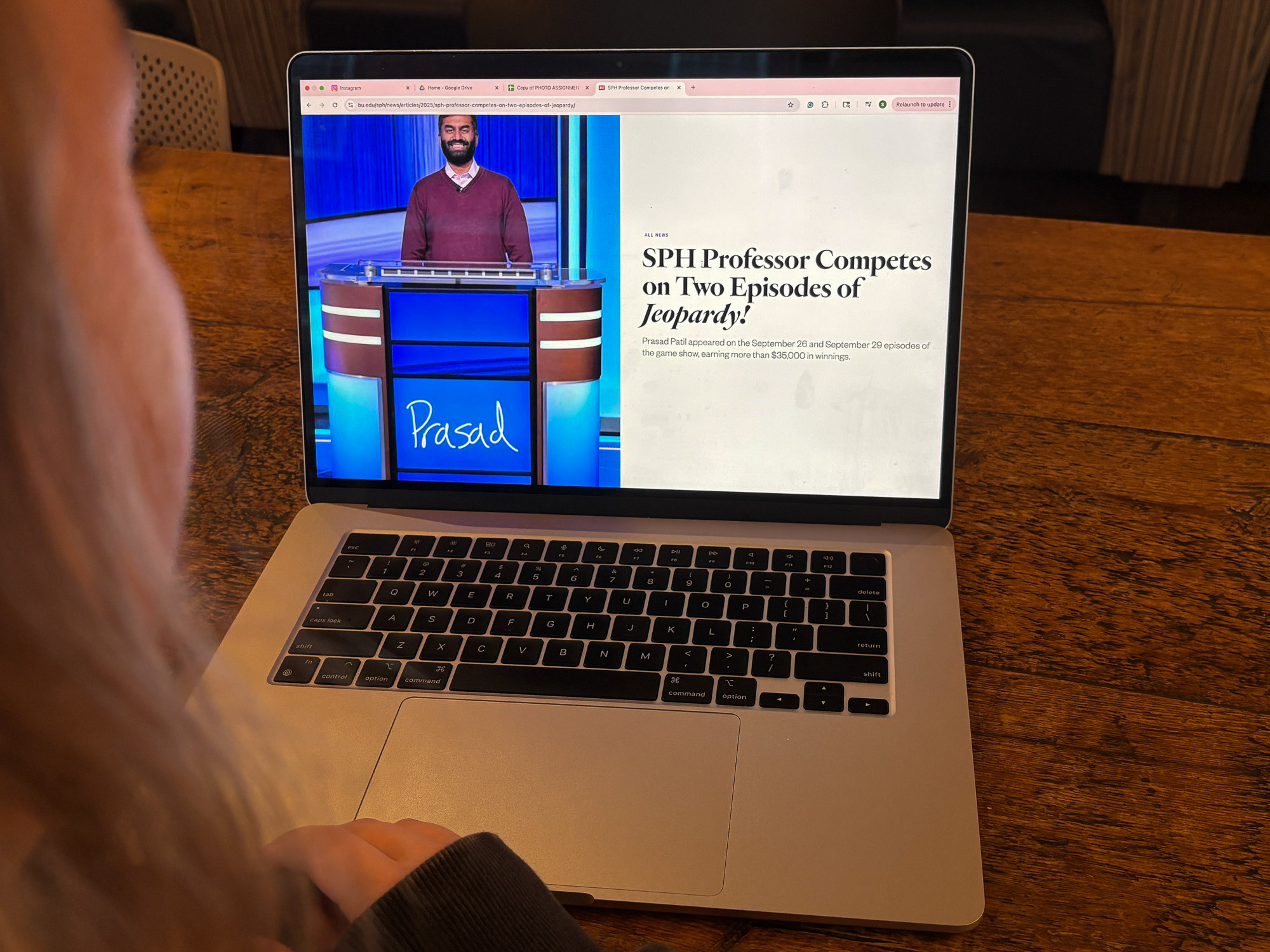
Patil, an assistant professor of biostatistics at BU’s School of Public Health, has become accustomed to answering questions — typically within a classroom and with some relation to the coursework he teaches.
On Aug. 8, however, his lifelong dedication to learning brought him far from his usual post at SPH and to the “Jeopardy!” production studio in California.
Patil appeared on the Sept. 26 episode of “Jeopardy!,” winning first place in the competitive trivia game show hosted by Ken Jennings. He held onto second place going into the final round, surpassing both his competitors with a considerable wager of $10,000 and a correct answer to the final “Jeopardy!” question in the last moments of the show, earning him a total of $35,600, according to SPH.
“I’ve watched the show since I was a kid,” Patil said. “I like to learn new things … I never knew if I was good enough to do it, but I thought I might as well try.”
The game show appearance has been a long time coming for Patil, who has been navigating the “Jeopardy!” application process for years.
Beginning with an online test on the “Jeopardy!” website, applicants who perform well receive an invite to partake in a proctored Zoom audition during which they simulate gameplay — even holding a pen as a stand-in buzzer — and are evaluated on question responses as well as overall demeanor, Patil explained. Those who are successful get placed in a contestant pool for about one and half years and may be selected to compete at any time.
In preparation for his appearance, Patil studied the areas of trivia that he felt he was less knowledgeable in, memorizing what he could within broad topics like art history and classical music. What he found most helpful, however, was to practice buzzing in and developing a betting strategy.
“The things that really matter when you play are whether you can buzz in … Practicing that reaction time and getting used to that is really key,” Patil said. “The other thing is learning betting strategy … I studied a little bit about how you should bet in different game scenarios. I think that ended up helping me.”
His practice paid off: Patil returned to Boston as a “Jeopardy!” champion the following day.
“I was just kind of in shock the whole time, even after we left. I took a red eye back to Boston, and the whole time it all felt like a dream,” Patil said.
Reflecting on his experience, Patil recognizes his teaching background proved to be an asset in helping him maintain composure while competing.
With teaching, he said, “You get used to being in front of an audience.”
“One of the things I noticed about myself when I was up there is I was pretty relaxed,” Patil said.
Scarlett Bellamy, professor and chair of biostatistics at SPH, said Patil’s success can be attributed to the personal qualities that brought him to science in the first place.
“As scientists and as biostatisticians, I think we are interested in a lot of things,” Bellamy said. “There’s something to be said about being curious at all stages of life and willing and wanting to learn new things, and I think that that was definitely an advantage for Prasad.”
As the winner of the episode, Patil was invited to compete for a second time on Sept. 29. He finished in second place during his follow-up appearance, ending his run on the gameshow.
“I was a little disappointed I couldn’t keep going, but it was mostly because it’s just really fun to play,” Patil said. “Being able to win a game was even more than I had imagined.”
Since his “Jeopardy!” appearance, Patil still has one question left to answer: What’s next?
“In some sense, you can kind of pinpoint a moment where you’ve peaked. It’s just hard to think of being able to do something better than that,” Patil said. “I did feel a little bit empty afterward … because of the way the game works, unless you qualify for tournaments, you can never go back.”
For now, he plans on putting his earnings toward some of his other passions: family and billiards.
“I play billiards. I play in a league, and I want to buy a new queue,” Patil said. “Those can get a little pricey, so I think I’m gonna put some of the winnings towards that and then maybe do a little bit of traveling with my family.”





